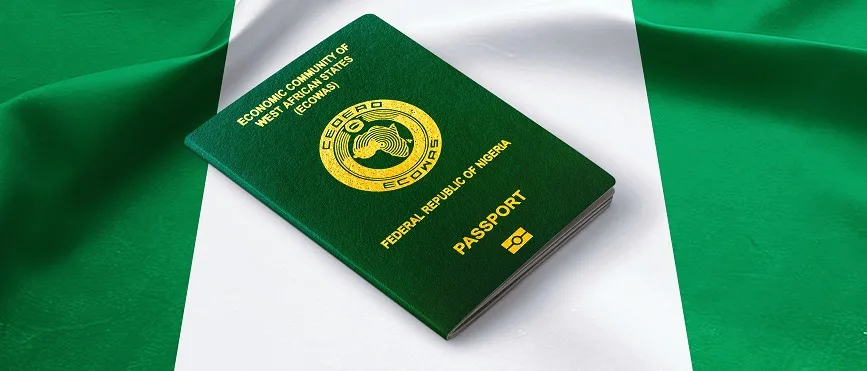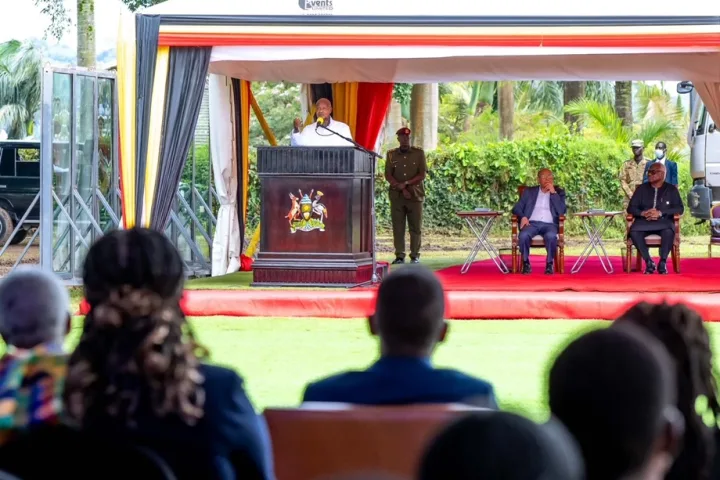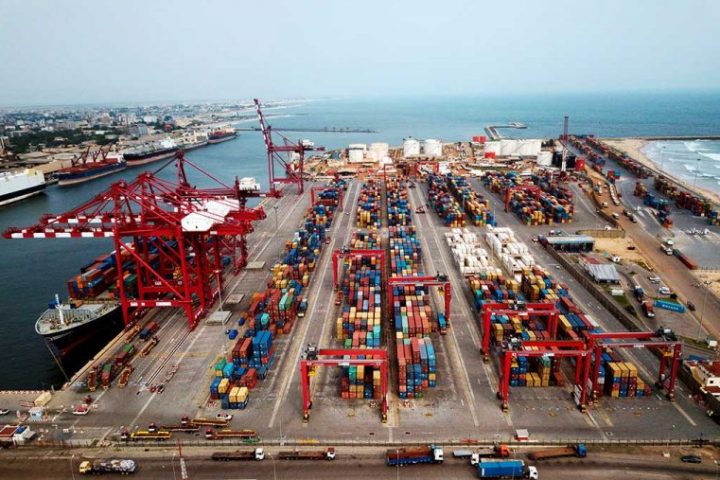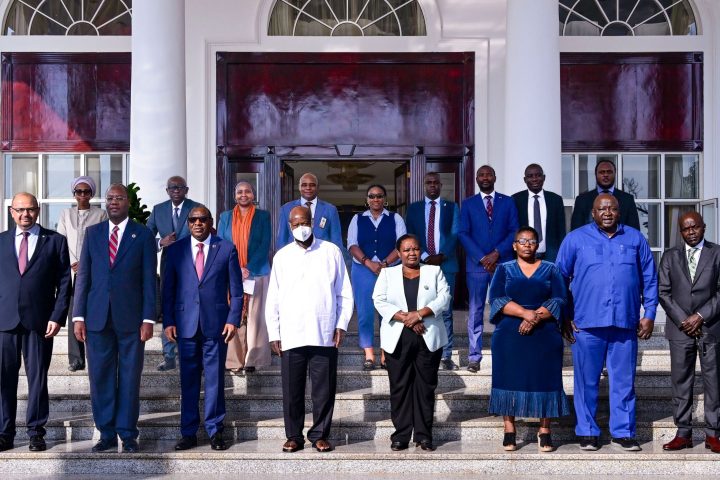The Republic of Niger has begun enforcing new travel restrictions, barring Nigerians with only an ECOWAS passport from entering the country. The move comes in the wake of Niger’s recent decision to withdraw from the Economic Community of West African States (ECOWAS), along with Mali and Burkina Faso.
Despite having an open border with Nigeria, Niger has begun implementing immigration measures at key crossings such as Illela in Nigeria and Konni in Niger. These measures have caused significant challenges for cross-border traders and commuters who are no longer able to use the ECOWAS passport as a valid travel document.
Join our WhatsApp ChannelCross-Border Traders Struggling with New Restrictions
Alhaji Mansur Abdullah, a Nigerian trader who regularly travels between the two countries, confirmed that Nigerians are now facing difficulties at the border. He explained that Nigerian authorities are no longer accepting the ECOWAS passport, leading to some travellers being turned back. According to Abdullah, there is speculation that the ECOWAS passport will eventually be abolished as a valid travel document for Niger, with new identification requirements being enforced.
“I believe there is a move to abolish the ECOWAS passport as a means of travelling here; they have started harassing us if we are entering the country,” Abdullah said. “Some of our people are being turned back home. We learned that there is a new passport being issued now to everyone coming to Niger Republic to replace the old ECOWAS passport.”
READ ALSO: ECOWAS Urges Member States’ Co-operation As Niger, Burkina Faso, Mali Exit Takes Effect
Border Officials Begin Rejecting ECOWAS Passport
Sources from Taiwan, a state in Niger, have reported that border officials are now refusing entry to individuals relying solely on the ECOWAS passport. “Some of our people have already been sent home. The authorities insist on their own national passport, making it difficult for traders and travellers,” a source said.
Although Niger has maintained an open border with Nigeria, the new restrictions have complicated travel for many Nigerians. Alhaji Nuhu Abubakar, a trader based in Illela, confirmed that the situation has yet to significantly affect trade, but there is growing concern among travellers. “We have continued our normal activities as usual, and there is no sign of an impending closure,” he said. However, he noted that rumours have been circulating that the Nigerien military junta might soon impose further restrictions, including limiting motorcycle movement across the border.
Extortion at the Border
In addition to the challenges posed by the new passport rules, some travellers are alleging that border security officials are exploiting the situation. Abubakar Isa, a commercial driver on the Illela-Konni route, claimed that Nigerien security officials have been demanding bribes to allow passage to those carrying the ECOWAS passport.
“They demand between 5,000 to 10,000 CFA before allowing those with an ECOWAS passport to pass. If you can’t produce Niger’s new identification document, they take you to their office and pressure you to pay a bribe,” Isa said. He added that drivers and passengers have had to pay bribes to avoid being detained at border checkpoints, as authorities know travellers lack the new identification documents that are now required.
Potential Impact on Trade and Movement
While the immediate impact on trade has been minimal, traders are concerned that the situation could worsen if Niger continues to restrict the ECOWAS passport. The fear is that such restrictions could disrupt the flow of goods and services between the two countries, which relies heavily on free movement for traders.
The Nigerien government’s decision to bar ECOWAS passport holders is still not officially confirmed, and the situation remains fluid. Joel Ahofodji, the Head of Communication for the ECOWAS Commission, stated on Monday that the regional body was unaware of any such policy. However, with rising reports of Nigerians being turned back at the border, the implications of these restrictions are becoming clearer.
As Niger continues to distance itself from the ECOWAS bloc, the future of the ECOWAS passport and its role in cross-border travel within the region remains uncertain. The outcome of these restrictions could have far-reaching consequences for both local traders and the broader regional economy.
Emmanuel Ochayi is a journalist. He is a graduate of the University of Lagos, School of first choice and the nations pride. Emmanuel is keen on exploring writing angles in different areas, including Business, climate change, politics, Education, and others.


















